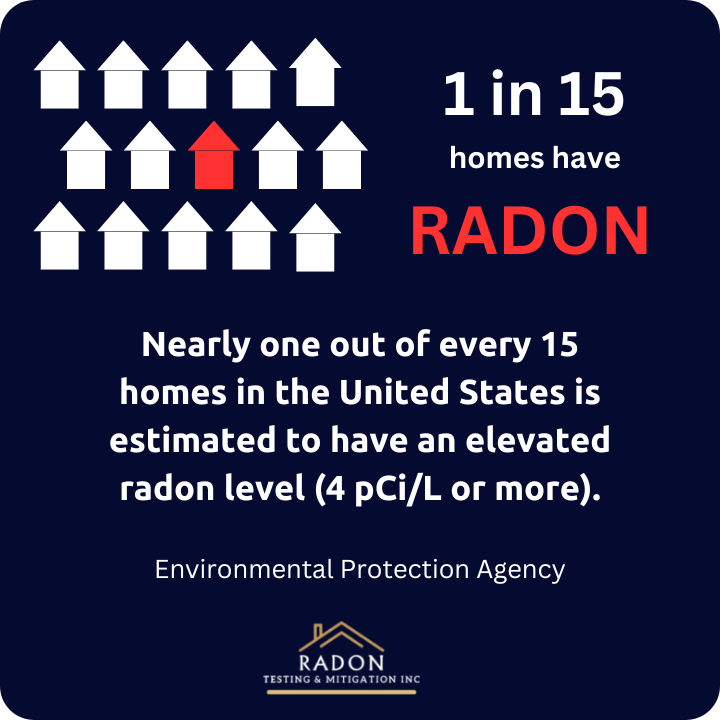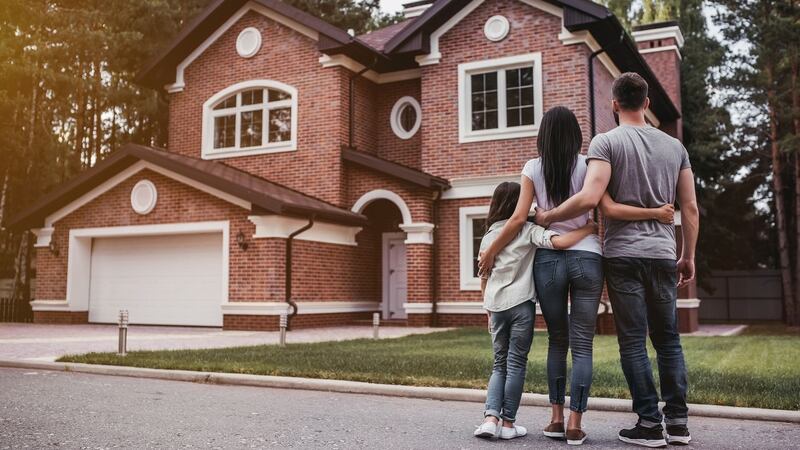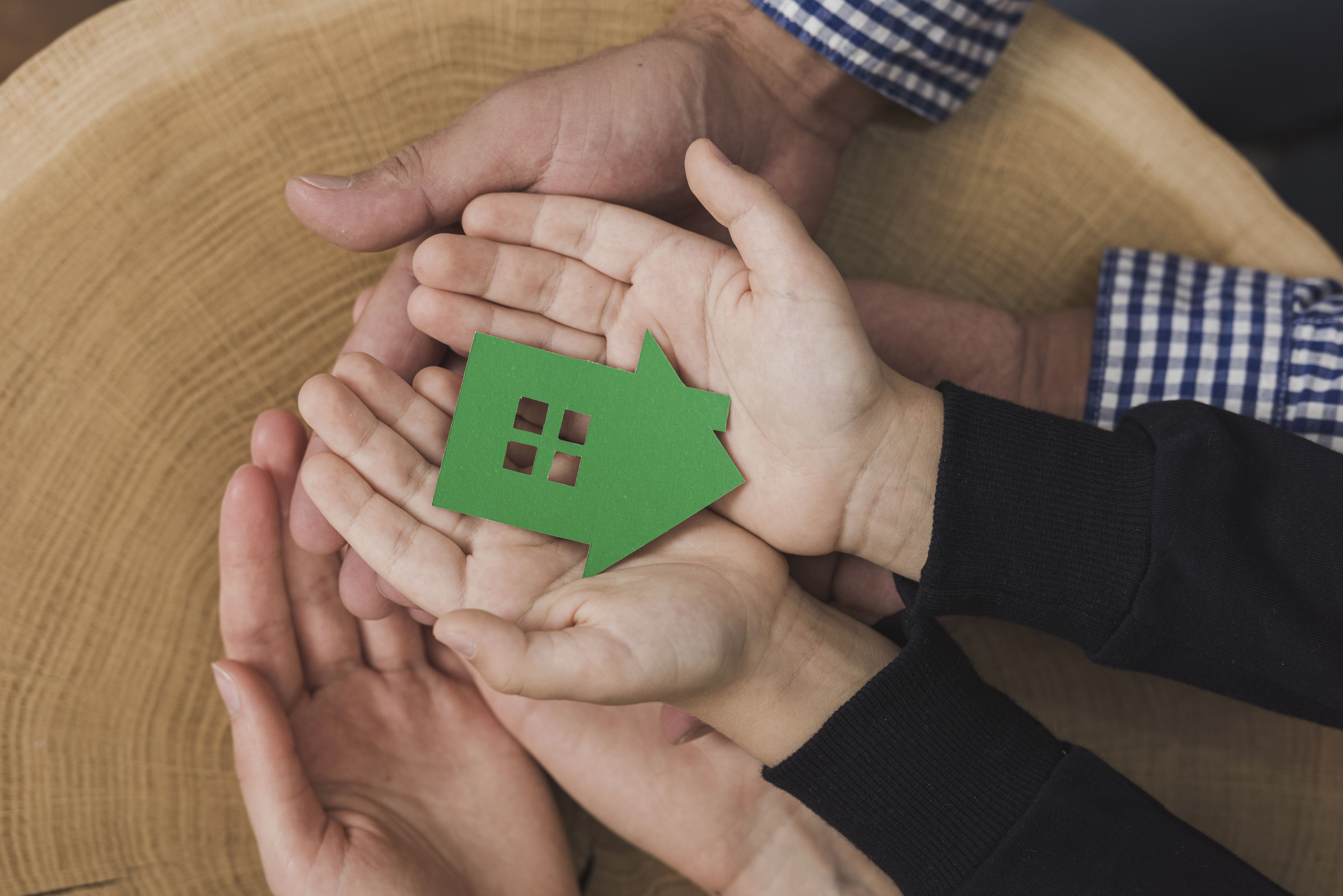

Testing for radon is the first step in proactively protecting your home from this radioactive gas. There are two primary methods for testing radon levels in homes: short-term testing and long-term testing.
Radon Testing and Radon Mitigation

Primary Risk: The most significant danger of radon exposure is an increased risk of lung cancer. Radon decay products can attach to lung tissue, emitting alpha particles that can damage DNA and potentially lead to cancer.
Statistical Risk: According to the Environmental Protection Agency (EPA), radon is the second leading cause of lung cancer after smoking. For non-smokers, it is the leading cause of lung cancer.
Risk Amplification in Smokers: Smokers exposed to high levels of radon are at an even greater risk of developing lung cancer compared to non-smokers.
Long-term Exposure: Chronic exposure to radon, even at lower levels, can accumulate over time, increasing the overall risk of lung cancer. The risk is proportional to the level of radon and the duration of exposure.
Latency Period: There can be a long latency period between exposure and the onset of lung cancer, often many years or even decades.
No Immediate Symptoms: Radon exposure does not cause immediate symptoms, making it particularly insidious. People may be exposed for long periods without knowing, as it is odorless, colorless, and tasteless.
Detection Only by Testing: The only way to detect radon in homes or buildings is through specialized testing, which is not always routinely done.
Seepage into Homes: Radon gas can seep into buildings from the soil through cracks in floors and walls, construction joints, and gaps around service pipes. Poorly ventilated, enclosed spaces can trap radon, leading to higher concentrations.
Regional Variability: Some geographic areas have higher natural radon levels due to the presence of uranium in the soil, increasing the risk for residents in these areas.
If radon testing reveals elevated levels of radon in your home, there are several mitigation strategies available to reduce exposure and minimize health risks.
Common radon mitigation techniques include:

Our professional radon testing services means choosing accuracy and professionalism. Our certified radon testing process is thorough, efficient, and designed to work around your daily life. For homeowners, buyers, and real estate professionals in Atlanta, GA, working with Radon Testing and Mitigation Inc. guarantees a comprehensive understanding of a property’s radon levels.

Inform family, friends, and community members about the dangers of radon and the importance of testing.
Advocate for local and state policies that require radon testing and mitigation in residential and commercial properties.
Utilize resources from organizations like the EPA, the American Lung Association, and the National Radon Program Services to stay informed and find assistance.
